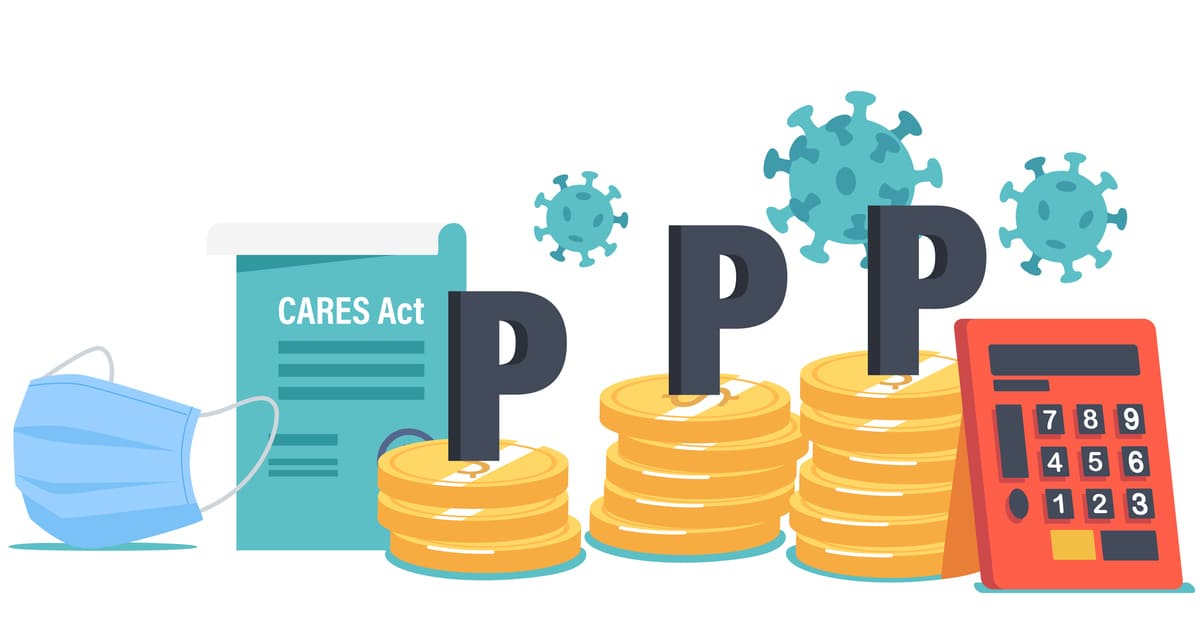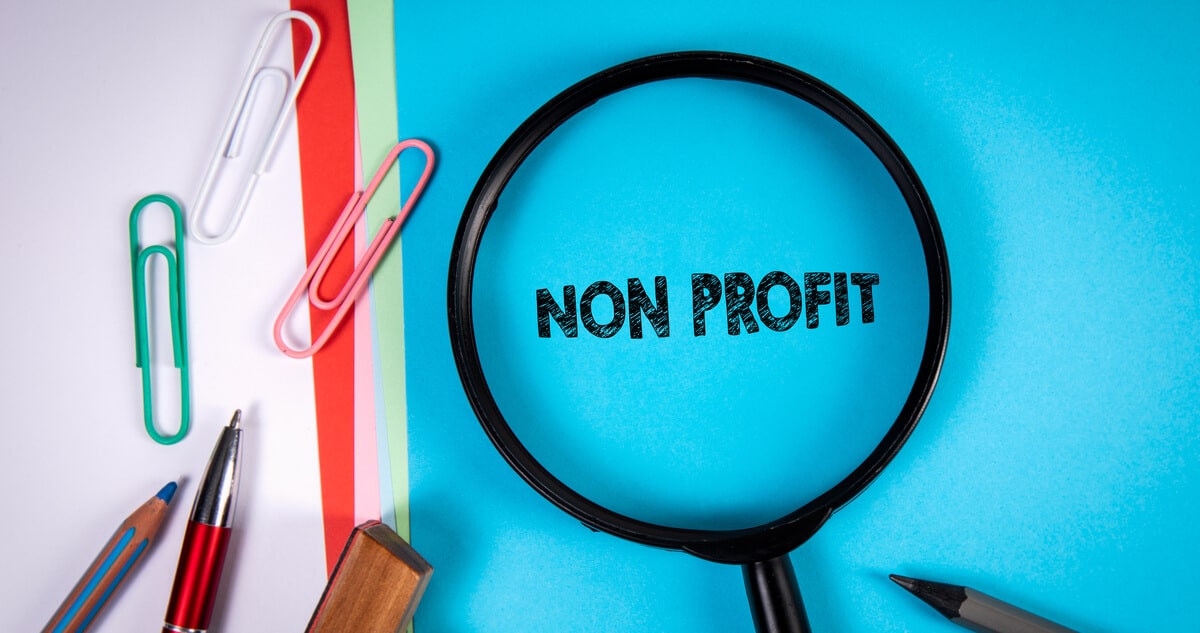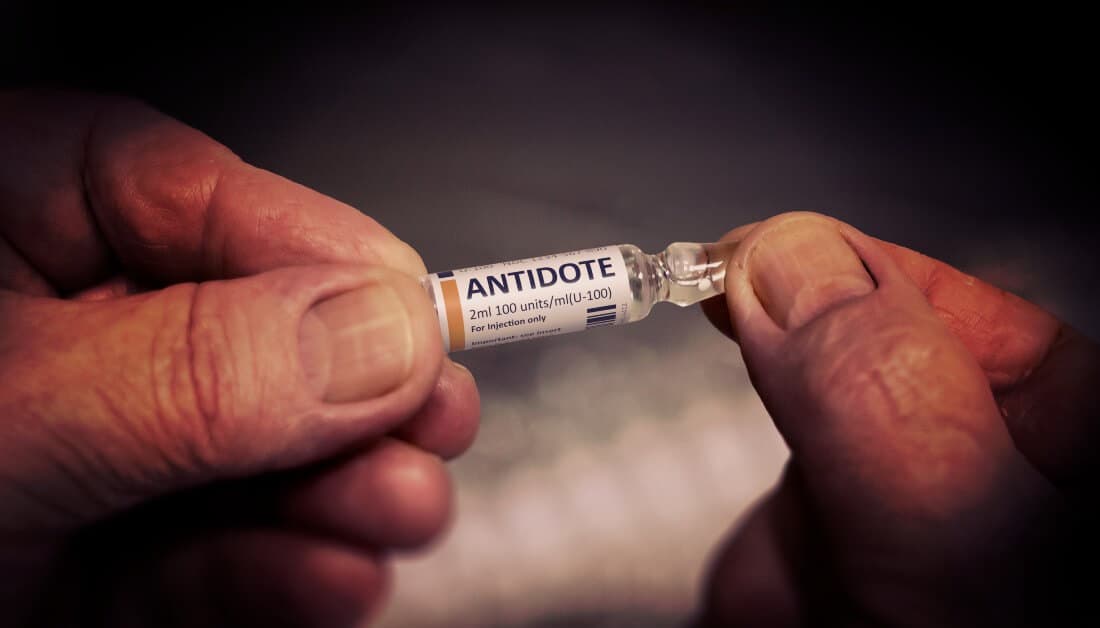TYSONS OFFICE
CORONAVIRUS RELIEF ALERT — CARES Act Alert #19: Changes to the PPP Loan Forgiveness Process

On August 4, 2021, the Small Business Administration (SBA) opened a new portal to allow the smallest businesses and nonprofits to submit a Paycheck Protection Program (PPP) loan forgiveness application directly to SBA for amounts up to $150,000. Previously, all PPP borrowers had to submit their forgiveness applications through their private lenders. Due to a statutory requirement for lenders to decide on applications within 60 days, some lenders restricted when they would accept forgiveness applications. Some borrowers also were concerned that while waiting for a forgiveness decision, they might have to start paying on the loan. This new rule is designed to remove private lenders from the middle of the loan forgiveness decision process. This new rule also eases the concerns of small entities who wondered if they had to pay back part of a PPP loan while waiting for a decision on forgiveness.
In addition, if a small entity took out a PPP loan of $2 million or more, the SBA will no longer require it to fill out the Loan Necessity Questionnaire (Form 3509 for businesses and Form 3510 for nonprofits). Initially, these forms were required to determine whether the entity’s certification regarding the initial need for the PPP loan was valid. In a recent update to FAQ 69, SBA stated: “Based on the results of the loan reviews that it has completed thus far SBA believes audit resources will be more efficiently deployed across all loans if the loan necessity questionnaire is discontinued. The loan necessity reviews, including the review of the borrower’s completed Loan Necessity Questionnaire, are lengthy and have caused delays beyond the 90-day statutory timeline for forgiveness, thus negatively impacting those borrowers that made their loan necessity certification in good faith. For these reasons, SBA is discontinuing any reliance on the Loan Necessity Questionnaires.”
To explain key relief for 501(c)(3) non-profits and small businesses in the CARES Act (complete text) and related legislation, including the Economic Aid Act (Division N of the Consolidated Appropriations Act of 2021, complete text), we published our CARES Alert #1 (Help for Small Businesses & 501(c)(3)s via the PPP); CARES Alert #2 (Get Ready to Apply); CARES Alert #3 (PPP vs EIDL), CARES Alert #4 (Treasury Guidance), CARES Alert #5 (SBA’s Interim Final Rule), CARES Alert #6 (IFR on Affiliation & Religious Nonprofits); CARES Alert #7 (FBO Guidance), CARES Alert #8 (Unemployment Benefits, including FBOs); CARES Alert #9 (Safe Harbor Guidance); CARES Alert #10 (Fixes to the PPP); CARES Alert #11 (New EZ PPP Forgiveness Application); CARES Alert #12 (PPP Application Deadline Extended); CARES Alert #13 (PPP Forgiveness FAQs); CARES Alert #14 (PPP Second Draw); CARES Alert #15 (Rule for PPP Second Draw); CARES Alert #16 (PPP Priority to Smallest Entities); CARES Alert #17 (Time Running Out for PPP Applications), and CARES Alert #18 (PPP Deadline Extended & Other News).
Our CARES Act Team is available to help you navigate these difficult issues, including the unique issues faced by nonprofits, religious organizations, and churches. For assistance, please contact one of our designated attorneys: Nancy LeSourd, Matthew Szymanski, Scott Ward, or Derek Gaubatz. Our CARES Act Team also includes our non-attorney consultant Phil Eskeland. Mr. Szymanski and Mr. Eskeland bring experience from their past service, respectively, as the chief of staff and the deputy chief of staff of the Small Business Committee of the U.S. House of Representatives, including during the legislative response to 9/11.




